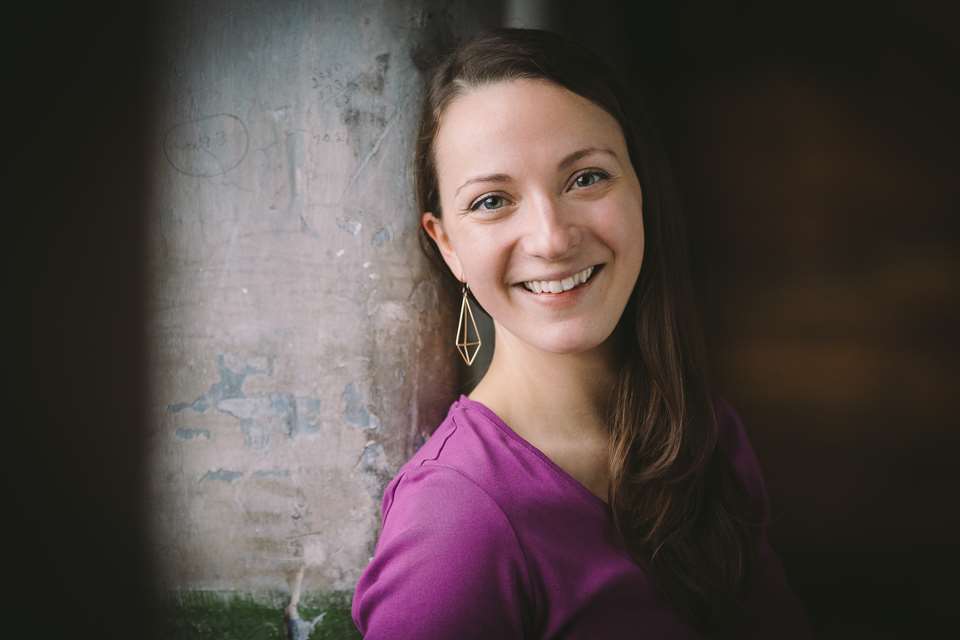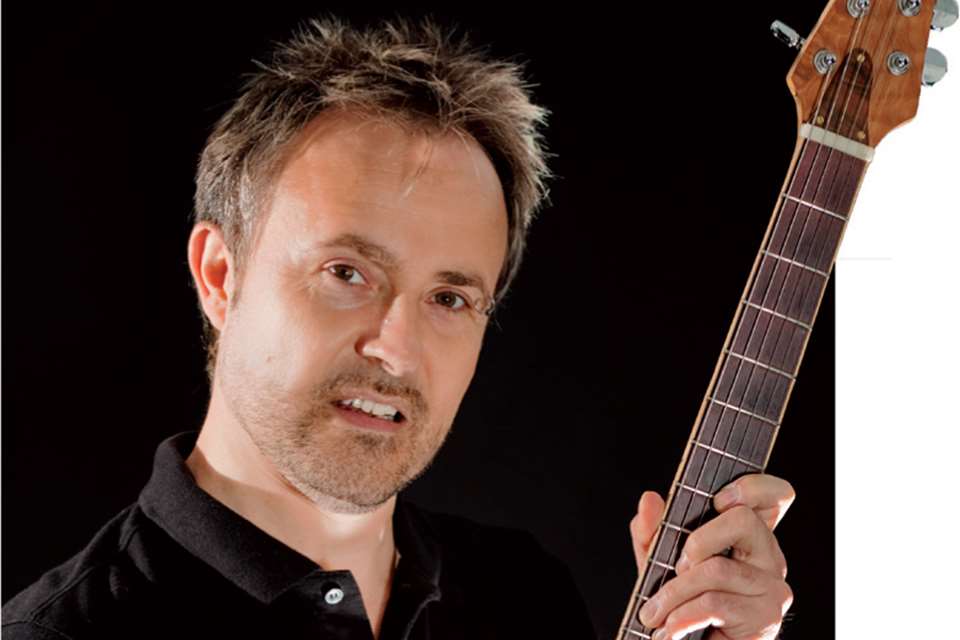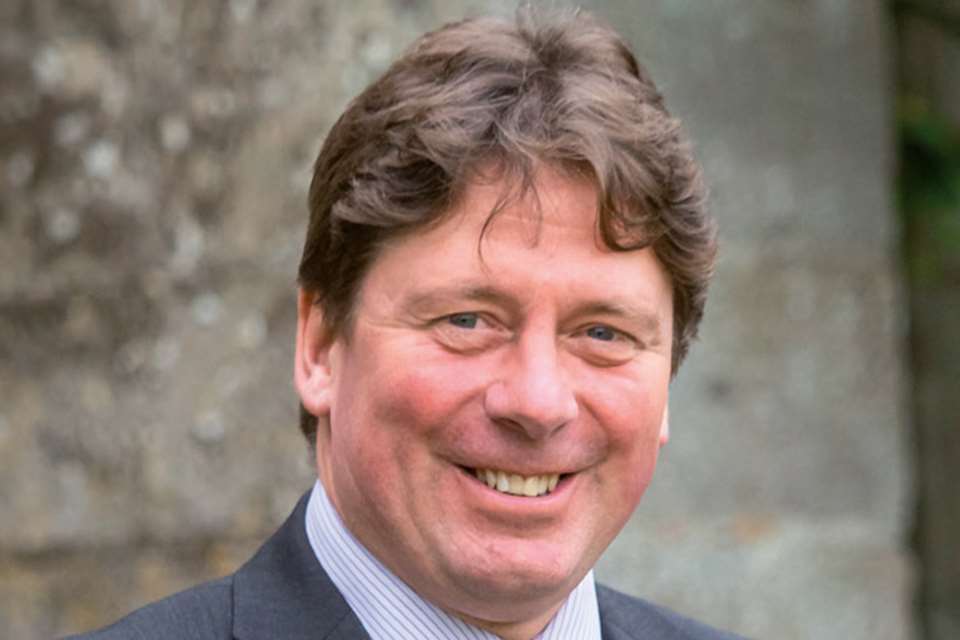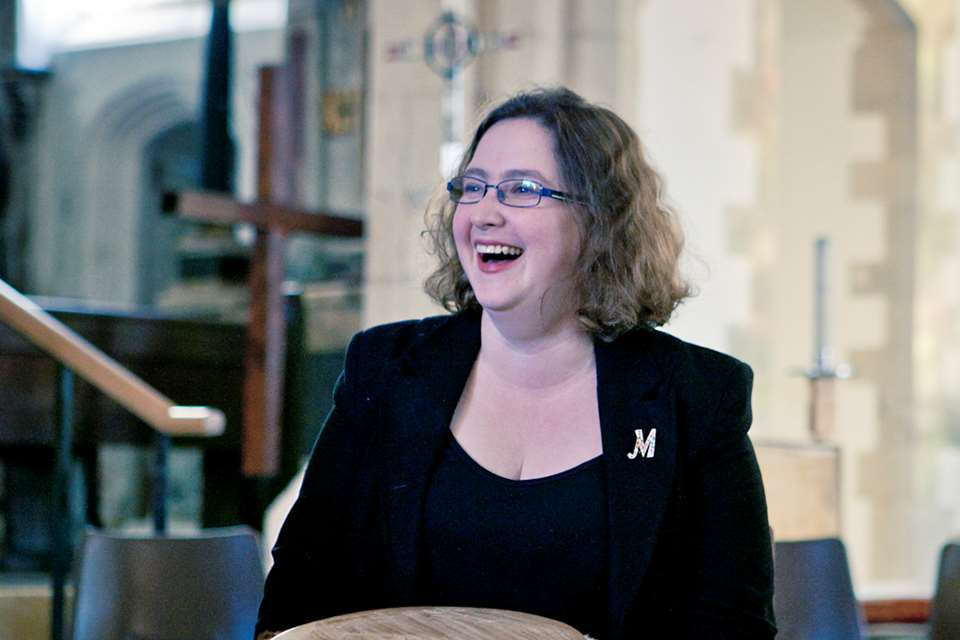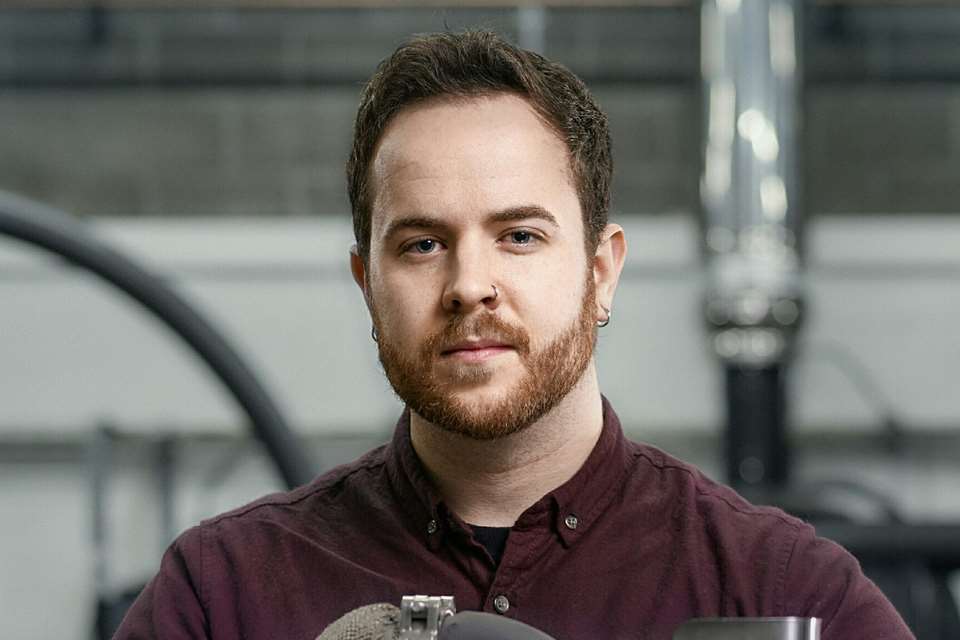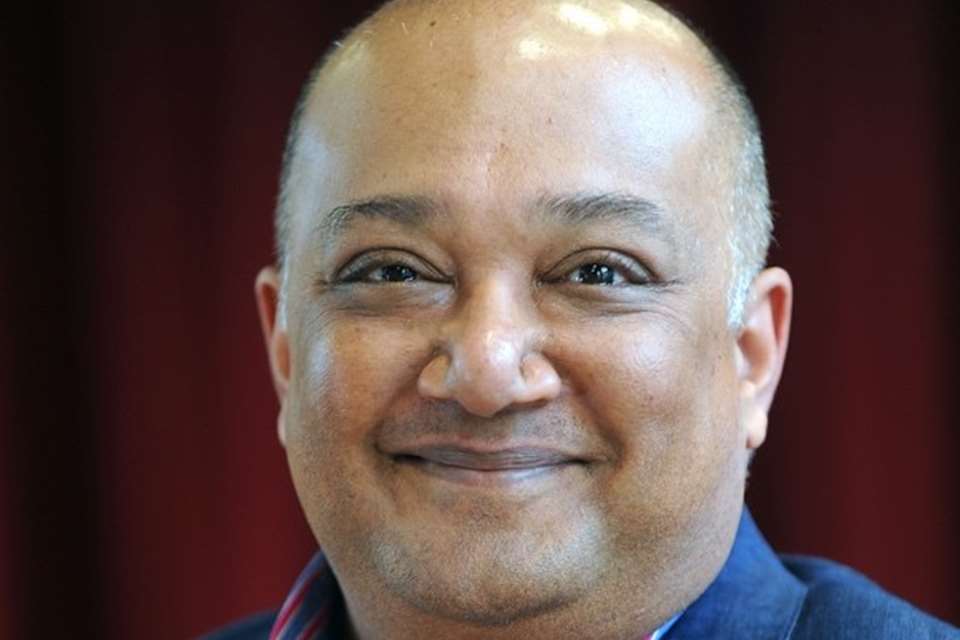Q&A: Lincoln Abbotts
Hattie Fisk
Friday, April 1, 2022
Music educationalist and ABRSM's executive director Lincoln Abbotts is part of an upcoming resource project for teachers: Classroom 200. Hattie Fisk catches up with him
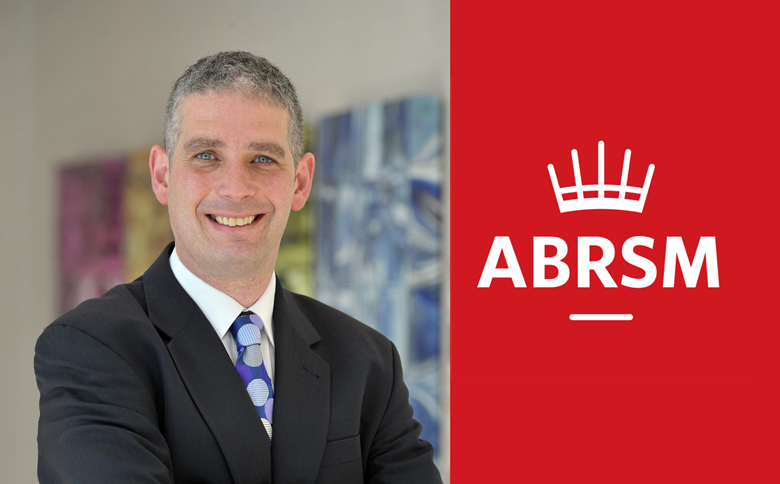
HF: Where did your love of music come from?
LA: I grew up in a very musical household, partly because my dad was a flute player, clarinettist and artist. I had a great music education – an experience that I wish all children across the country could have. I still remember the sense of commitment and energy my inspiring teachers had, and the joy I found in performing in the Staffordshire Music Service's Wind Band and Youth Orchestra. Cantering forward a few years, this led me to do a degree in music at Manchester University as a flute player and composer; I found I quickly fell in love with being an instrumental teacher. I then enrolled on a postgraduate course at Guildhall School of Music & Drama in Performance and Communication Skills, which was about developing a broader set of skills around collaboration, provision and creativity.
HF: Where did your career go from there?
LA: I went on to work at Guildhall teaching on the undergraduate and postgraduate course around those broader skills. From there, I went to work for the BBC, and then for the BBC Symphony Orchestra and the Proms at a time when the BBC wanted to develop its own outreach work. In this role I wanted to bust all the preconceptions of what young people want to listen to and find a way into seemingly inaccessible music. Young people want to listen to anything and everything – what matters in the classroom is how educators present or approach the music. I was then the chief executive at Music For Youth for five years, running their programme around the schools prom and the national festival. Ten years ago, I joined ABRSM, which is where I am now as executive director.
HF: What does the upcoming Classroom 200 project from ABRSM look like?
LA: Classroom 200 takes its origins from an initiative that we launched a number of years ago called Classical 100, which is a free resource for schools introducing classical music and associated support. Classroom 200 builds on that platform. It is 200 great pieces of music that are connected to the music that's recommended and referenced in the Model Music Curriculum (MMC). The resource will give students free access to recordings, as we believe it is important to ensure that there are no access barriers here. Every single piece has got a lesson plan and a series of resources connected to it; it is created for teachers by our network of classroom-based practitioners and teachers. Essentially, it is an online resource that takes a piece of music, puts it at the centre, and allows you to go on a journey of exploring it with your class.
HF: What stage is the Classroom 200 project currently at?
LA: We are at the testing stage currently, so it is out in the field with known and trusted teachers. In this vein, it is crucial to recognise that collaboration is part of the ecology of music and to making progress. The lesson plans and resources have been developed in partnership with several organisations, and that spirit of working in partnership is so important. We are intending to launch the resource later this year, in line with when the National Plan for Music Education is launched. It is not connected to the Plan as such, but instead designed as an offer from ABRSM to help support schools and music services work together to deliver music.
HF: What other things is ABRSM doing to improve accessibility and diversity in music education?
LA: We have got a very active diversity and inclusion programme at the very heart of ABRSM. It has five strands to it: looking at the music that finds its way onto the syllabus; a commitment to reach out and publish new voices; a mentor programme running for young composers from very different backgrounds; working with our partners; and looking at the governance of our organisation. We have significantly refreshed our Music Education Advisory Committee to be more representative of the conversation we are now having. However, I would also say that it is a journey that we are on, and we are striving towards those goals rather than being at the finish line. We are learning, and this growth is in the DNA of the organisation.


